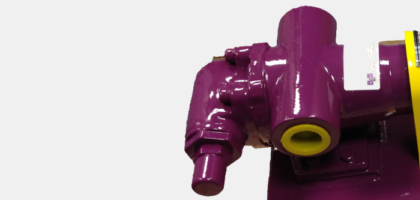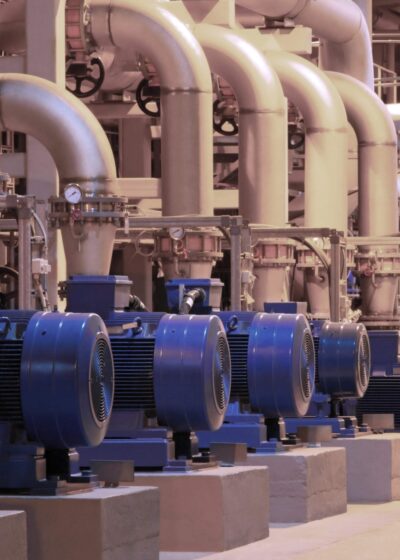
Gear Pumps
Need help specifying the right gear pump? Contact our pump experts today!
10 products

- Max Flow Rate: 116lpm
- Max Head: 300M
- Max Temperature: 100°C
- Max Viscosity: 2500cP
- Solids: 0mm
- Sizes: 3/4" to 2"

- Max Flow Rate: 5833lpm
- Max Head: 150M
- Max Temperature: 350°C
- Max Viscosity: 250, 000 cP
- Solids: 0mm
- Sizes: 2" to 10"

- Max Flow Rate: 533lpm
- Max Head: 100M
- Max Temperature: 70°C
- Max Viscosity: 55,000 cP
- Solids: 0mm
- Sizes: 1" to 3"

- Max Flow Rate: 150lpm
- Max Head: 150M
- Max Temperature: 200°C
- Max Viscosity: 1600 cP
- Solids: 0mm
- Sizes: 3/8" to 1 1/2"

- Max Flow Rate: 91lpm
- Max Head: 70M
- Max Temperature: 100°C
- Max Viscosity: 55,000 cP
- Solids: 0mm
- Sizes: 1" to 1 1/2"

- Max Flow Rate: 1500lpm
- Max Head: 140M
- Max Temperature: 200°C
- Max Viscosity: 55,000 cP
- Solids: 0mm
- Sizes: 1" to 4"

- Max Flow Rate: 116lpm
- Max Head: 50M
- Max Temperature: 70°C
- Max Viscosity: 55,000 cP
- Solids: 0mm
- Sizes: 1" to 2 1/2"

- Max Flow Rate: 325M³H
- Max Head: 100M
- Max Temperature: 150°C
- Max Viscosity: 1500 cP
- Solids: 0mm
- Sizes: DN150 to DN300

- Max Flow Rate: 100M³H
- Max Head (pressure): 60M
- Max Temperature: 80°C
- Max Viscosity: 1500 cP
- Solids: 0mm
- Size: DN25 to DN200

- Max Flow Rate: 97M³H
- Max Head: 160M
- Max Temperature: 80°C
- Max Viscosity: 1500 cP
- Solids: 0mm
- Size: DN25 to DN125
FAQs
Gear pumps operate by an unchanging volume of fluid passing between the teeth of two meshing gears and their casing at a constant rate (not between the gears themselves). As the gears rotate and the meshed teeth separate, a partial vacuum is formed that fills with fluid, which they trap and move it around the casing from the suction to the discharge point.


